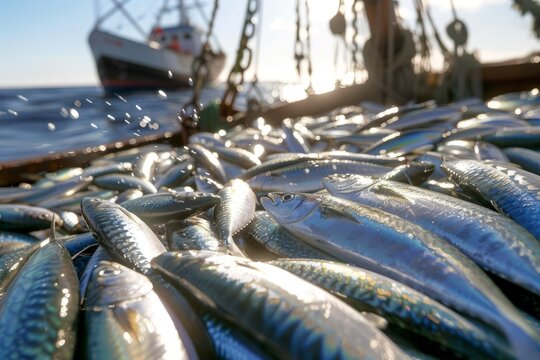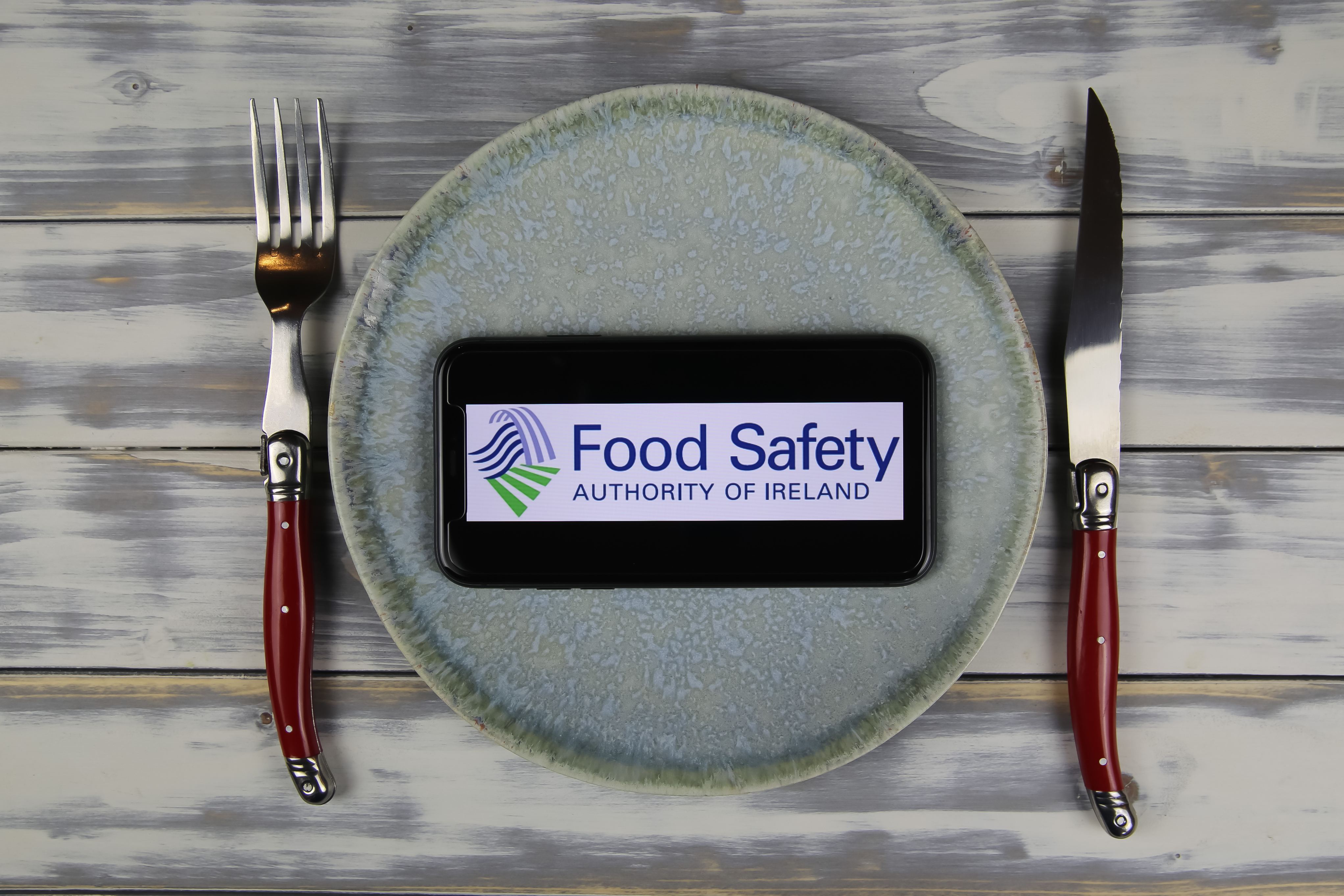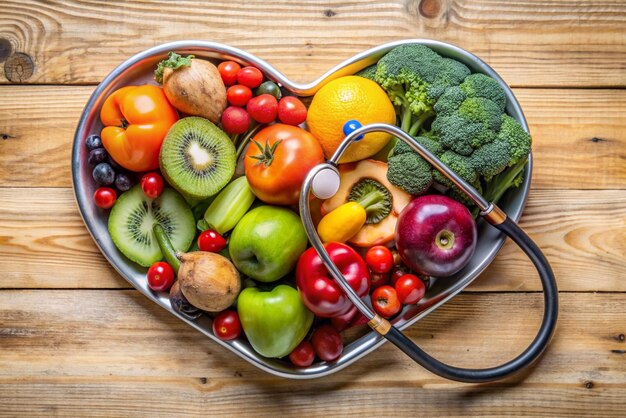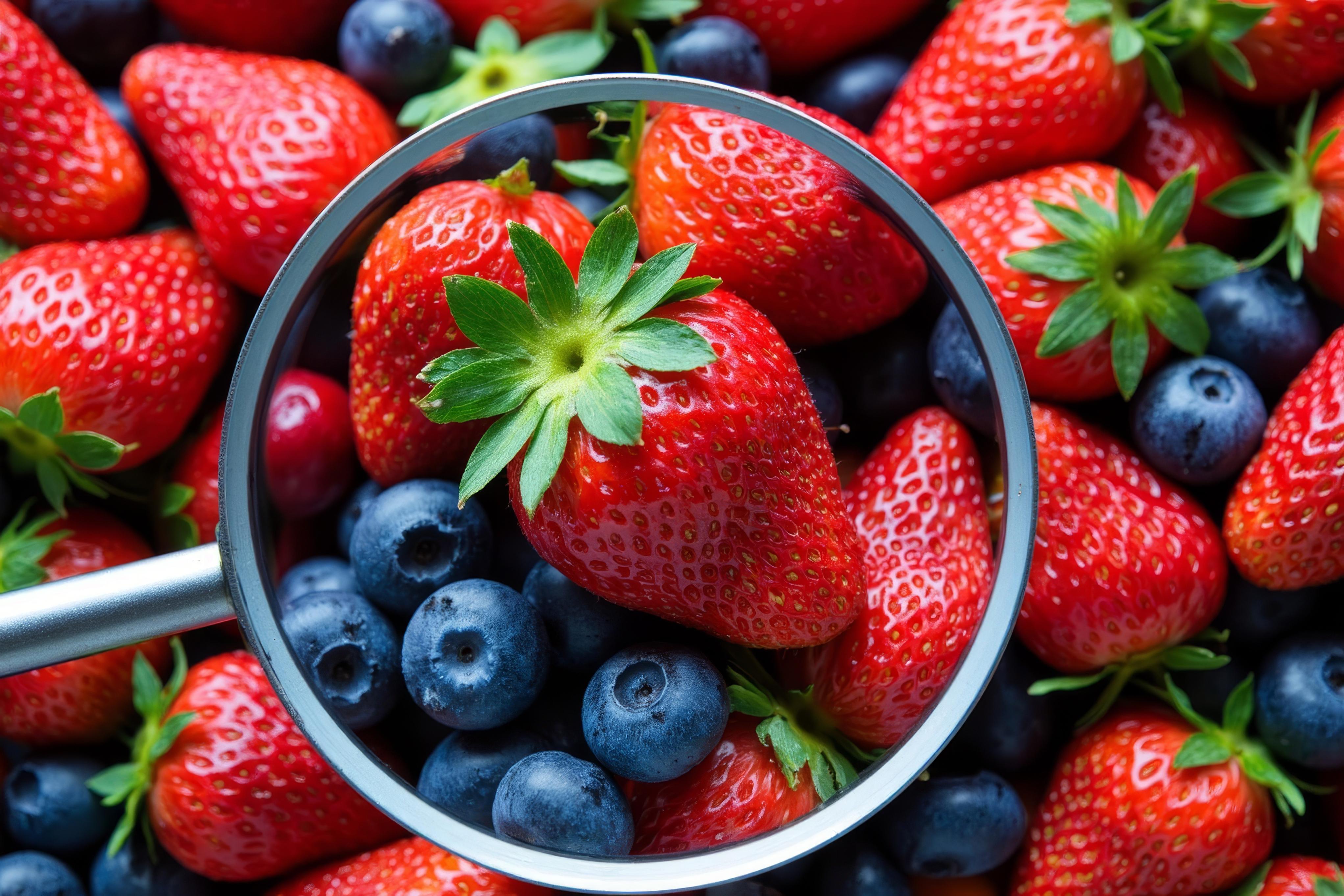The Food Standards Agency (FSA) recently reported that four men had been given custodial sentences for diverting meat not fit for human consumption back into the human food chain
The defendants were convicted earlier this year following an investigation by Southwark Council and the Food Standard Agency’s National Food Crime Unit, with a judge at the Inner London Crown Court handing down custodial sentences.
Anthony Fear, sole director of a business known as Fears Animal Products Ltd was sentenced to 42 months in prison for conspiracy to defraud by placing food not fit for human consumption on the market and disqualified from acting as a company director for six years.
Mark Hooper, a manager at Fears Animal Products Ltd, was sentenced to 24 months in prison, suspended for two years, for conspiracy to defraud by placing food not fit for human consumption on the market and was ordered to complete 200 hours of unpaid work.
Azar Irshad was sentenced to 35 months in prison for conspiracy to defraud, failure to comply with Regulation 19 of the Food Safety & Hygiene Regulations relating to unapproved premises, placing food not fit for human consumption on the market (smokies), placing food not fit for human consumption on the market (out of date beef burgers) and placing food not fit for human consumption on the market (Illegally diverted ABP Cat 3). Irshad was also given a criminal behaviour order for an indefinite period, prohibiting any involvement in the food industry.
Ali Afzal was sentenced to six months in prison, suspended for 21 months, 150 hours unpaid work, and ordered to pay costs of £5000, for failure to comply with Regulation 19 Food Safety & Hygiene Regulations relating to unapproved premises.
Fears Animal Products Ltd will be sentenced in 2026 following the conclusion of confiscation proceedings. Costs for Fear, Hooper, and Irshad will also be determined following the conclusion of confiscation proceedings.
Mark Hooper also pleaded guilty to conspiracy charges relating to a separate matter in Aylesbury and received a concurrent 24-month sentence.
The sentencing follows court proceedings on a complex investigation that began when Southwark officers discovered 1.9 tonnes of Category 3 animal by- products, including whole and cut chickens, lamb’s testicles and beef burgers, being processed for sale into the human food chain at an illegal meat cutting plant in London. The illegal cutting plant was not registered as a food business, had no running hot water and the meat was prepared in unhygienic conditions.
NFCU enquiries traced the animal by products back to legitimate food business operators who confirmed these meat products had been sent to Fears Animal Byproducts in Somerset for manufacture into pet foods or for safe disposal.
Once meat is classified as an animal by- product, it is permanently excluded from the human food chain for safety reasons. Evidence of criminal conspiracy was then pieced together through analysis of large volumes of communications data and other evidence which revealed the criminal relationship between the four men.























